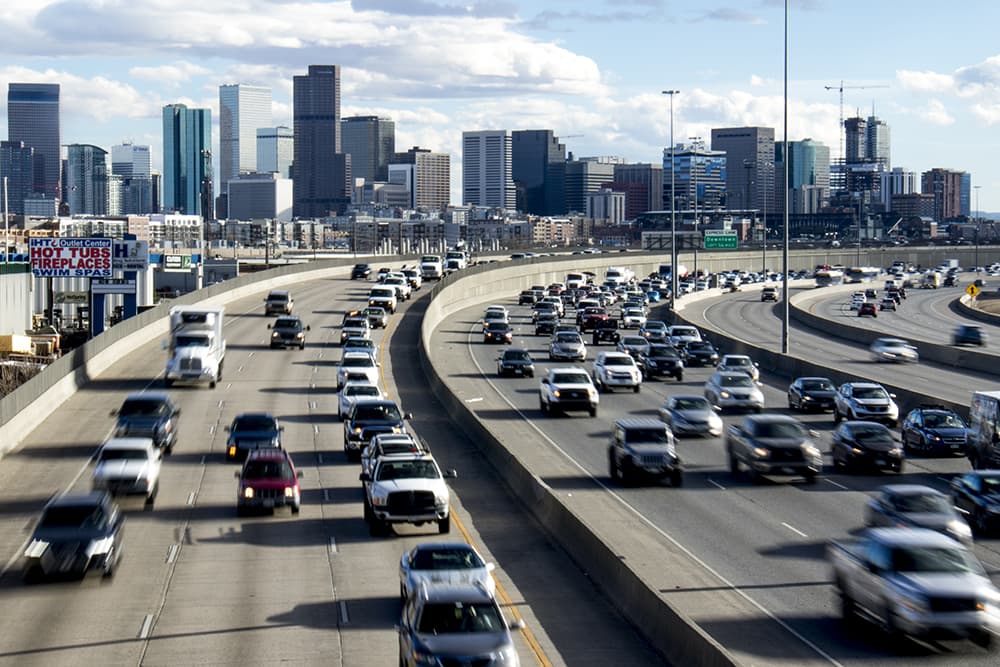By Dan Elliott, Associated Press
Ozone pollution has improved in both Denver and Fort Collins, but both cities are still among the 15 worst in the nation, the American Lung Association said.
The association's 2017 clean air report, released late Tuesday, said Denver had the 11th-worst ozone levels and Fort Collins had the 15th-worst.
Last year, Denver was eighth and Fort Collins 10th.
Ozone can be harmful to people with respiratory problems and other vulnerable groups, including children and the elderly. People who are active outdoors can also suffer.
The report gave 12 Colorado counties a grade of D or F for the number of high ozone days. Ten of those counties are on the Front Range or in nearby foothills.
Denver and the northern Front Range have long struggled to meet federal ozone standards.
The American Lung Association said Colorado's ozone problem has multiple causes, including vehicle exhaust, the oil and gas industry, trees, coal-burning power plants and weather conditions. Some of Colorado's ozone drifts in from out of state.
Nationwide, ozone levels and year-round particle pollution have both declined since the association's 2016 report, but short-term spikes in particulate pollution increased, the group said.
Denver's short-term particulate pollution also worsened, the report said.
Colorado air quality officials said they were still reviewing the report but raised questions about some of the American Lung Association's methods.
The report used data from 2013 to 2015 gathered from federal, tribal, state and county agencies. The association said that was the most recent verified data available.
Residents of most U.S. cities can breathe easier than people in some other parts of the world. Last August, Mexico City issued an alert after ozone levels hit more than 150 percent of acceptable levels. In December, Beijing issued a warning when particulate pollution reached more than 15 times the safe level.
Dawn Mullally, director of air quality and transportation for the American Lung Association in Colorado, said Denver has made great strides over several decades.
"We've come a long way since the smoggy days of the 1970s," she said.
Mullally said regulations under the federal Clean Air Act shouldn't be relaxed.
"This is the air we breathe. We must protect it," she said.













